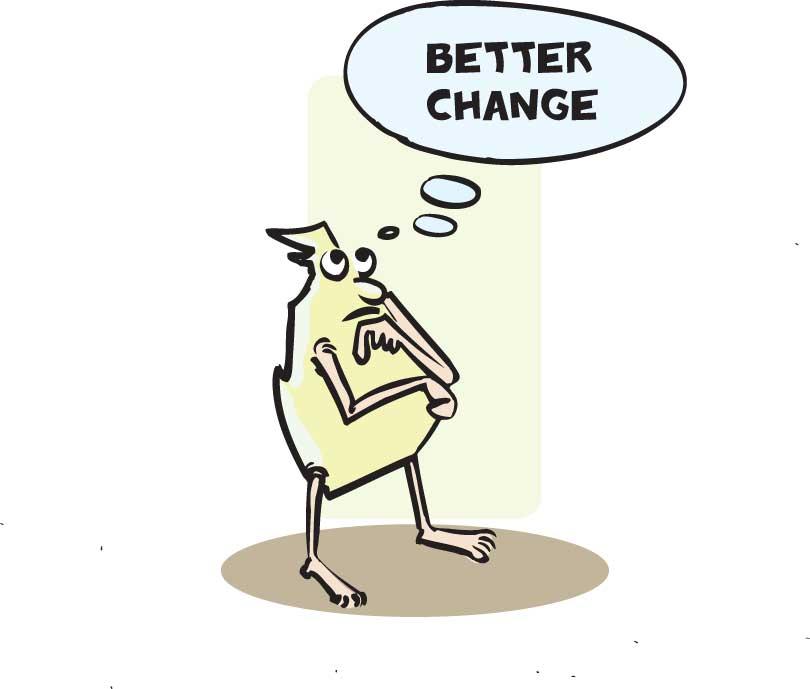Reply To:
Name - Reply Comment

With Sri Lankan religious leaders meeting almost daily for a dialogue to promote inter-religious and inter-racial unity in diversity in the aftermath of the Easter Sunday massacres, the United Nations today and tomorrow also marks a related event. It has asked the international community to make these days a time of remembrance and reconciliation for those who lost their lives during the Second World War.
In a resolution passed on November 4, 2004, the UN General Assembly said the Second World War led to the creation of the UN—a move designed to save succeeding generations from the scourge of war and called on UN member states to unite their efforts in dealing with new challenges and threats, with the UN playing a central role. It called upon the international community to make every effort to settle disputes by peaceful means in conformity with the UN Charter and in such a manner that international peace and security are not endangered.
But in Sri Lanka in the 1980s we saw the colossal devastation of the 26 year ethnic war in which hundreds of thousands of civilians and troops were killed or injured while the material damage is beyond estimate. The war ended in May 2009 but ten years after that we saw only a fragile peace though after the January 8, 2015 Presidential Election some constructive moves were made to bring about sustainable peace and reconciliation. But on Easter Sunday April 21, two small IS-linked terror groups massacred more than 250 people and left more than 500 injured when suicide bombers attacked three churches, three five star hotels and two other locations.
Yesterday Parliament held a special debate on the Easter Sunday catastrophe and the crisis facing the nation. But most people appear to have lost faith in politicians because most of the politicians appear to be lacking in honesty, integrity and the desire for justice. Most politicians are apparently seeking personal gain or glory while they have little or no desire to serve the people sacrificially, sincerely and selflessly. That is why in the United States and its Donald Trump era, some political analysts say late night comedy show hosts are now being taken seriously while politicians and their party politics are widely seen as a joke. For the 2020 Presidential elections, the Democratic Party front runner Joe Biden has described President Trump as a clown.
That is why it is essential for religious leaders, specially mainstream and moderate Muslim community leaders to come forward and speak out strongly against the IS terror groups, their supporters and other forms of extremists. The Archbishop of Colombo, Cardinal Malcolm Ranjith is showing inspiring leadership qualities in the inter-religious dialogue and the moves to turn this calamity into a blessing by giving a loving, patient and merciful response. Last Sunday night, Police said that an outside group led by a drunkard had tried to set-off religious or racial riots. Police declare the curfew from 8 pm on Sunday till 7 am on Monday and called in the Special Task Force and the armed services to defuse the situation.
On Monday morning, the Cardinal also rushed to Poruthota in Negombo and had a dialogue with the Moulavis at the mosque. He again told the Catholics they should not take the law into their hands or lift a hand against any member of the Muslim community. The Cardinal’s proactive attitude and values have prompted some civil society activists to suggest that he should even be nominated for the Nobel Peace Prize.
On Monday, during the ITN’s popular (Doramadalawa talk show), a Colombo University Islamic Professor proposed the Nobel Prize nomination. The speakers representing the Catholic, Buddhist and Muslim communities also proposed a major shift in social structures, attitudes values and emotions to bring about lasting inter-religious and interracial unity. They said just talking about these concepts or mere platitudes would have little effect unless responsible citizens took effective steps to practice their religious values while respecting the faith and believes of others. Essentially we need to do unto others what we wish they would do unto us.